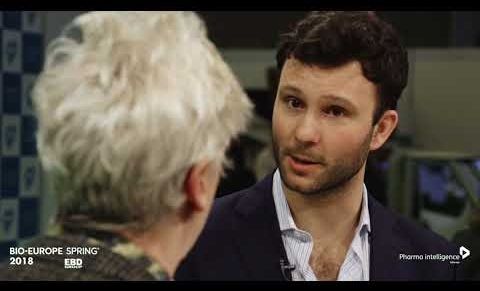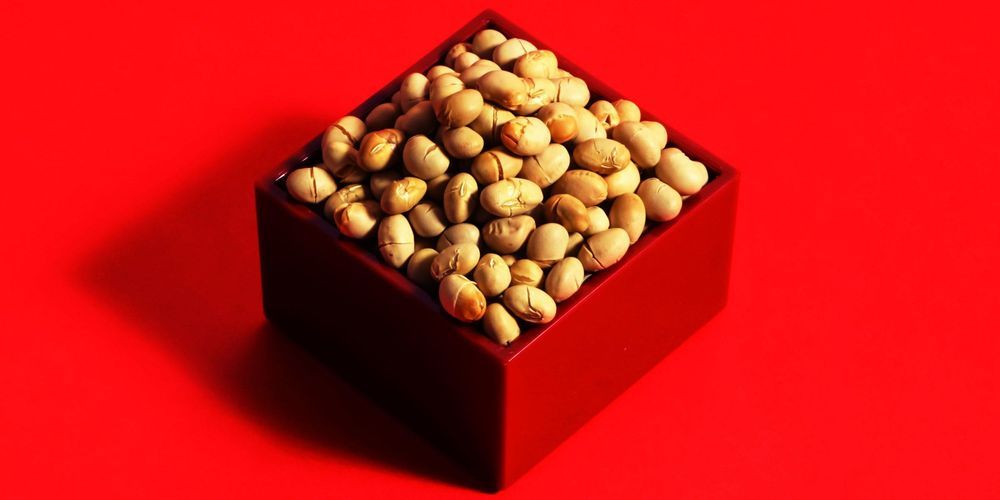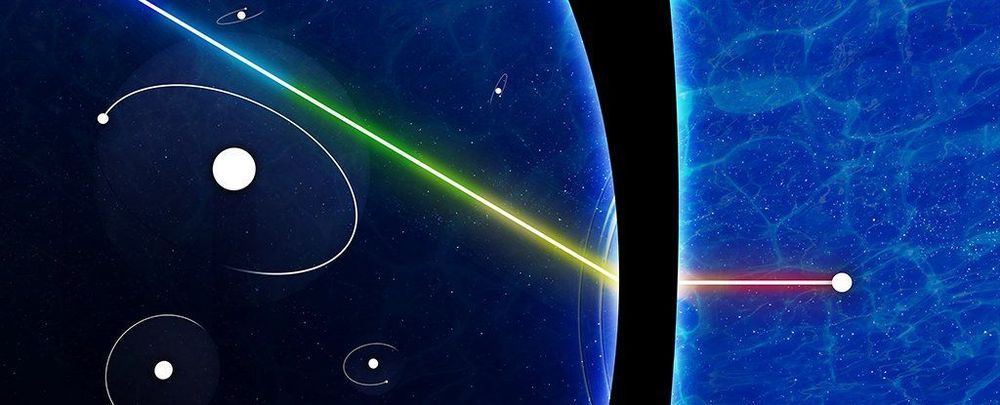Imagine that… The earth is round.
Many people view pollutants and pathogens as separate causes of illness. However, recent research indicates that the two can interact, changing how people and animals respond to infectious diseases. According to an article in Chemical & Engineering News (C&EN), the weekly newsmagazine of the American Chemical Society, environmental pollutants appear to weaken the immune system, reduce vaccine efficacy and increase pathogen virulence.
More than 20 years ago, researchers showed that exposing mice to low levels of a dioxin called 2,3,7,8-tetrachlorodibenzo–p-dioxin made them more susceptible to influenza virus. Since then, several studies have suggested that other chemicals, such as perfluorooctanoic acid, mercury and arsenic, can also alter animals’ immune responses and decrease their resistance to infectious diseases. And epidemiological studies in humans have linked chemical exposure in the womb to a child’s increased risk of infectious disease. However, scientists are only now beginning to unravel how this happens, Senior Editor Britt Erickson writes.
Compounds called per- and polyfluoroalkyl substances (PFAS) are widely used in household products, such as food packaging, nonstick products and cleaners. Researchers have linked elevated concentrations of some PFAS in mothers’ blood to reduced responses to vaccinations and more illnesses in their children. Similarly, arsenic exposure in the womb has been associated with decreased levels of antibodies against diphtheria in vaccinated Bangladeshi children. Evidence also suggests that some chemicals, such as zinc or lead, may contribute to the rise of multidrug-resistant strains of methicillin-resistant Staphylococcus aureus (known as MRSA). Such interactions are complex and will require more interdisciplinary research in environmental health and infectious disease, Erickson writes.








